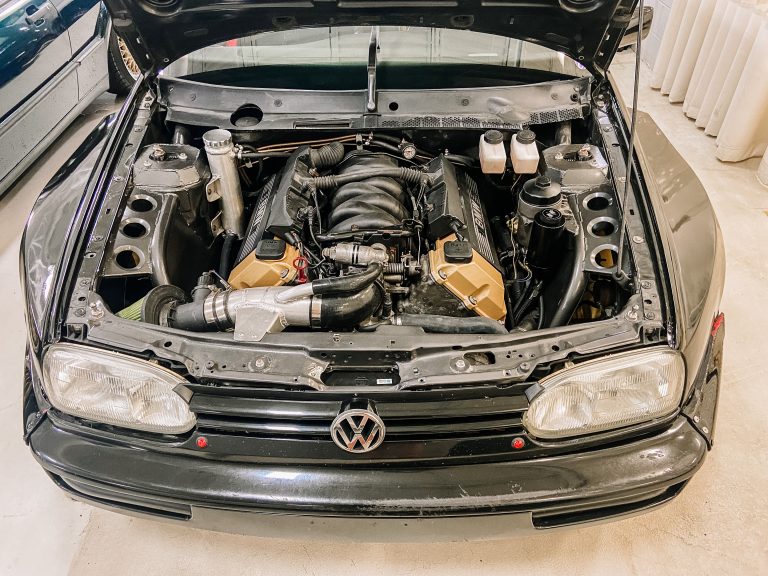Car electrical connectors are crucial components that ensure the proper functioning of various electrical systems in your vehicle. Over time, these connectors can become dirty or corroded, leading to poor electrical connections and potential malfunctions. Regularly cleaning your car’s electrical connectors is essential for maintaining optimal performance and preventing electrical issues.
Tools and Materials Needed
Before you start cleaning your car’s electrical connectors, you will need to gather the following tools and materials:
- Clean, lint-free cloths
- Electrical contact cleaner
- Small wire brush or toothbrush
- Dielectric grease
- Small screwdriver or pick tool
Step-by-Step Guide to Cleaning Car Electrical Connectors
Follow these steps to effectively clean the electrical connectors in your car:
Step 1: Disconnect The Battery
Prior to cleaning any electrical components in your car, it is important to disconnect the battery to prevent accidental electrical shocks or short circuits.
Step 2: Locate The Connectors
Identify the electrical connectors that you need to clean. These connectors are typically found throughout the engine bay and under the dashboard.
Step 3: Inspect For Dirt And Corrosion
Visually inspect the connectors for any signs of dirt, grime, or corrosion. Corrosion may appear as green or white residue on the metal contacts.
Step 4: Clean The Connectors
Use the small wire brush or toothbrush to gently scrub the metal contacts of the connectors. Be thorough but cautious to avoid damaging the delicate components.
Step 5: Apply Electrical Contact Cleaner
Spray electrical contact cleaner directly onto the connectors to dissolve and remove any stubborn debris or corrosion. Ensure that the cleaner evaporates completely before proceeding to the next step.
Step 6: Apply Dielectric Grease
Apply a small amount of dielectric grease to the metal contacts of the connectors. This grease helps to prevent future corrosion and promotes good electrical conductivity.
Step 7: Reconnect The Battery
Once the connectors are clean and dry, you can safely reconnect the battery and test the electrical systems in your car to ensure everything is functioning properly.
Tips for Maintaining Clean Connectors
To maintain clean and reliable electrical connections in your car, consider the following tips:
- Regularly inspect connectors for any signs of dirt or corrosion.
- Keep the engine bay and electrical components clean to prevent debris buildup.
- Consider using dielectric grease when installing new connectors or replacing old ones.
- Seek professional assistance if you encounter severe corrosion or wiring issues.

Credit: wd40.co.uk
Conclusion
Ensuring that your car’s electrical connectors are clean and free of corrosion is essential for maintaining optimal electrical performance and preventing potential malfunctions. By following the steps outlined in this guide and practicing regular maintenance, you can keep your car’s electrical systems in top condition.






